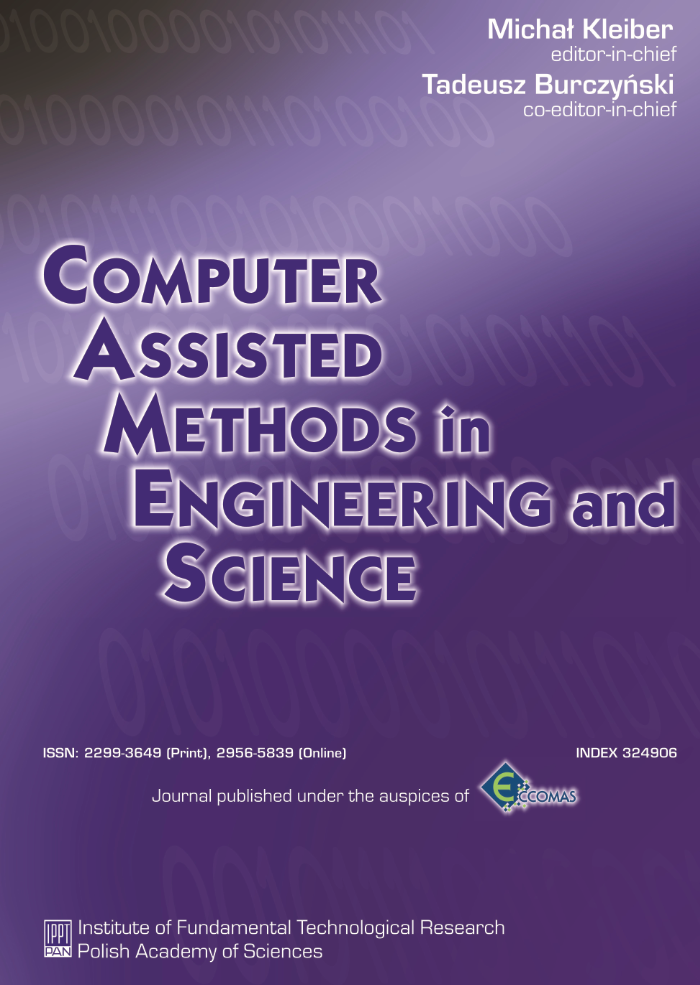Abstract
Numerical modeling of the human pelvic bone is a complex process in which many important factors are taken into account. One of them concerns material properties. Numerical calculations require the characteristics of the material properties and the material parameters from the beginning. The material properties of the living body depend on age, health, gender, environment and many others factors. To determine correct material parameters, health details of a group of patients need to be taken into consideration. In this paper authors assumed interval values of the selected material parameters and proposed interval and fuzzy analysis of the pelvic bone.
Keywords:
human pelvic bone, interval and fuzzy analysis, finite element method, material propertiesReferences
[2] T . Burczyński, A. John, K. Kuś, P. Orantek, A. Poteralski. The evolutionary algorithm and hyperspace in identification of material coefficients in human pelvic bone. Acta of Bioengineering and Biomechanics, 5(Suppl. 1): 61-66, 2003.
[3] S.C. Cowin, ed. Bone Mechanics Handbook. CRC Press, 2001.
[4] A. John. Numerical analysis of solid and shell models of human pelvic bone. In: L. Vulkov, J . WaSniewski, P. Yalamov, eds., Numerical Analysis and Its Applications, Lecture Notes in Computer Science 1988, pp. 764- 771. Springer-Verlag, Berlin- Heidelberg, 2001.
[5] A. John, P. Orantek. Computer aided creation of geometrical model of human pelvic bone. Acta of Bioengineering and Biomechanics, 2(Suppl. 2): 217- 220, 2001.



